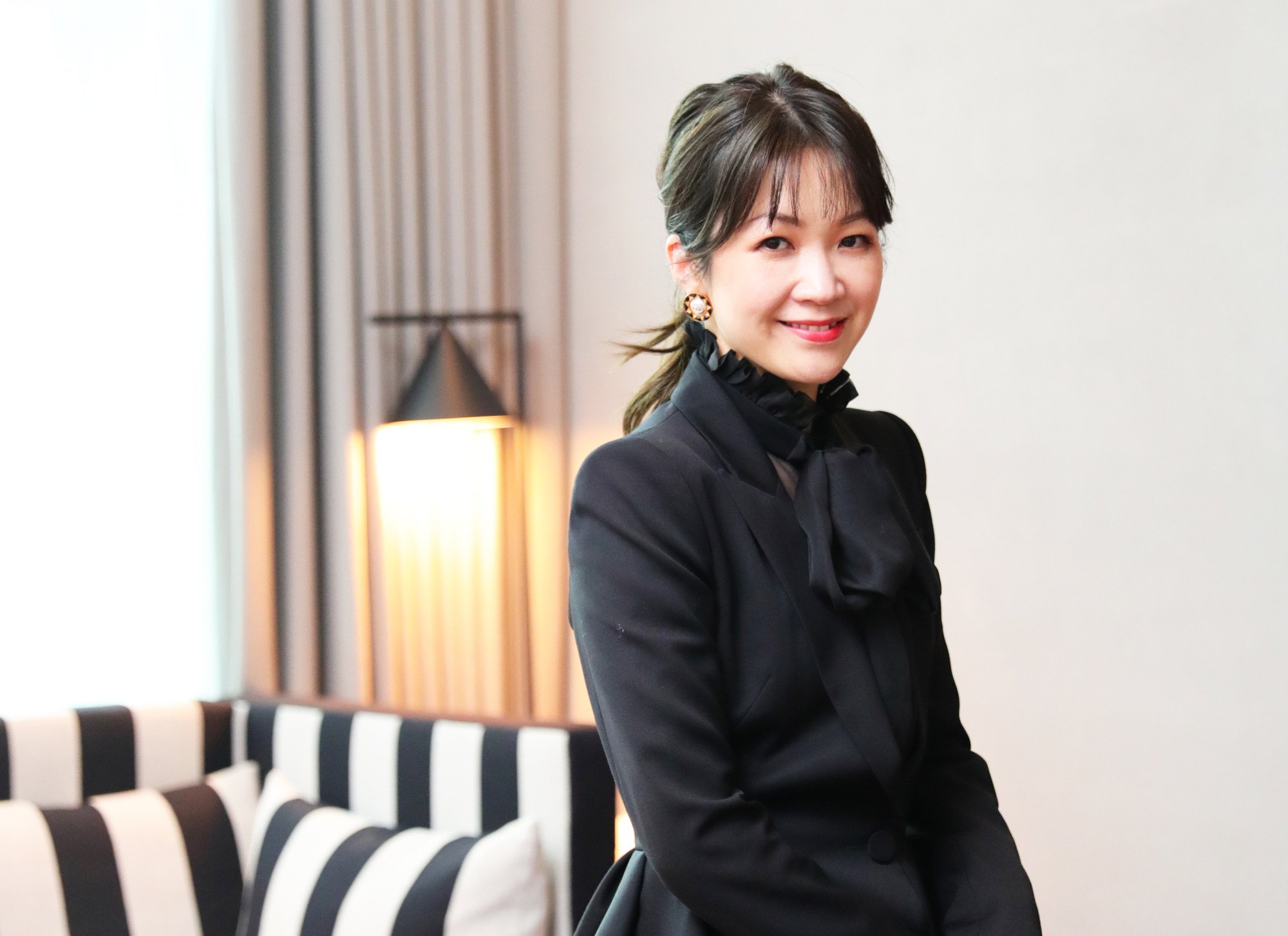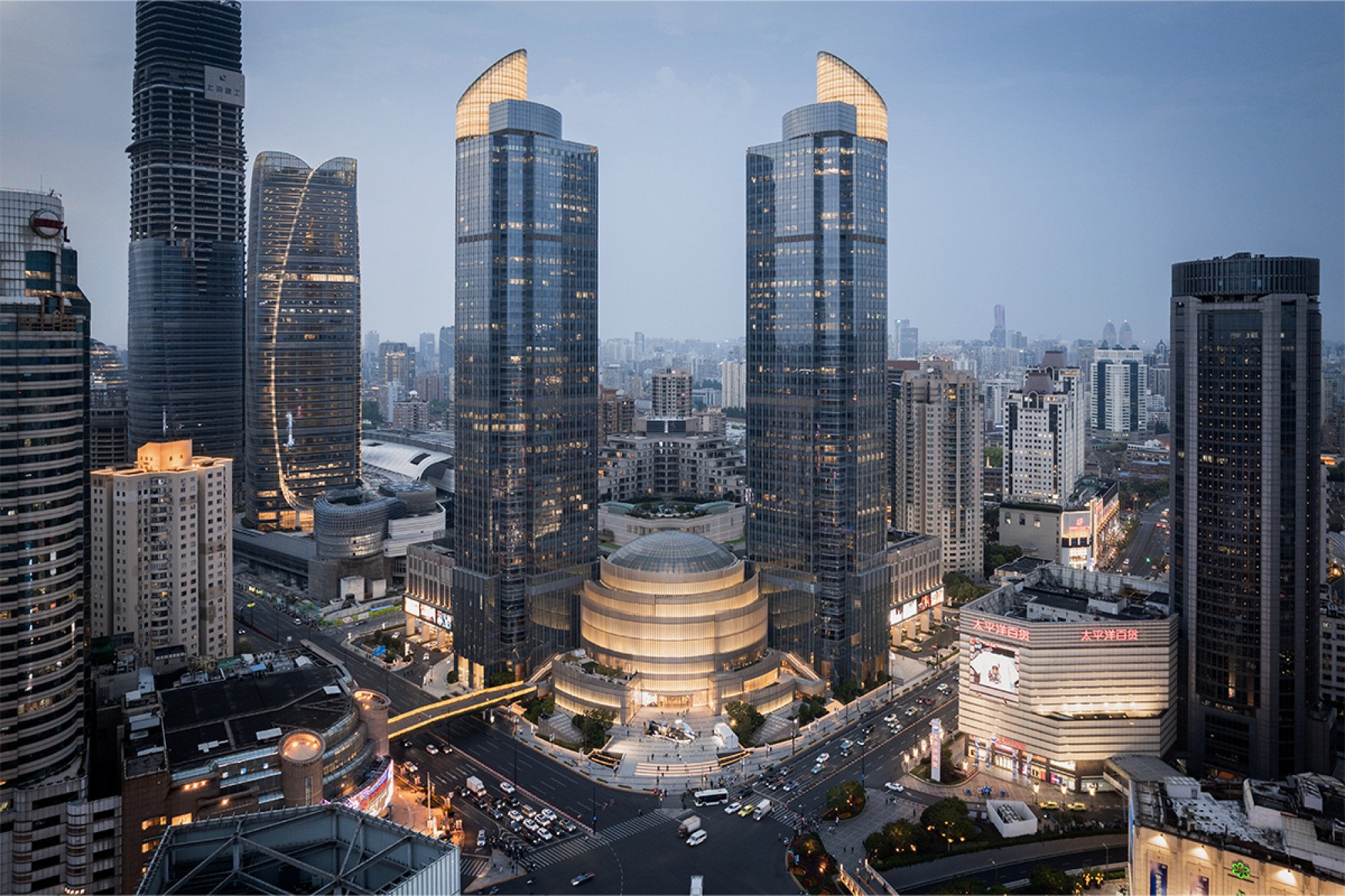The company has obtained approval from the local government to utilise an unused area to expand the 55,000 square metre (592,000 sq ft) mall in West Nanjing Road, Jingan district.

The expansion, which is expected to be completed in 2026, will provide an additional gross floor area of about 3,000 sq m that will be able to accommodate 20 stores. Hang Lung also owns and operates Grand Gateway 66 in China’s financial megapolis.
Beijing has pinned high hopes on consumption to drive up and consolidate the economic recovery this year. While China reported better-than-expected economic growth of 5.3 per cent in the first quarter, retail sales were sluggish, growing by 3.1 per cent year on year in March, compared with the 5.5 per cent growth in January and February.
The global personal luxury market is expected to reach US$464 billion by 2025, and US$606 billion in 2030, growing at an average annual rate of 6 per cent, according to PwC’s mainland China and Hong Kong luxury market report released last week.
Meanwhile, China is expected to replace the US as the biggest luxury market, worth US$148 billion, in 2030, the report said, highlighting that in the next 30 years, some 92 trillion yuan (US$12.7 trillion) of wealth in China will be passed down to the second generation of high-net-worth individuals.
Even at the height of the Covid-19 pandemic in China, the number of members spending more than 1 million yuan at Plaza 66 increased five-fold in 2021 compared with 2019, according to Hang Lung, which will release the latest figures with its interim earnings in July.
Hang Lung categorises its members into five tiers, with Emerald and Sapphire being the top two levels. While membership to Emerald is by invitation only, Sapphire comprises members spending 1 million yuan or more a year.
Lam said the customer base of China’s high-end retail market is “getting younger” because of the fast-paced economic development. As a result, this generation of customers is continuing the previous generation’s consumption pattern, she added.
About 75 per cent of its Plaza 66 and Grand Gateway 66 members were under 39 years old, she said, adding that luxury brands were launching youthful products aimed at the segment with a higher spending power.
The pursuit of quality and how brands are perceived are very different from before, according to Nicholas Poon, general manager of Grand Gateway 66.
“People are attaching greater importance to some emotional needs than prices,” he said.

Hang Lung has been actively investing in China’s commercial and residential real estate market since 1992. The mainland business currently accounts for 68 per cent of the company’s rental income, according to its latest annual report.
It has seven office projects in six cities in China and five residential projects in Shanghai, Wuxi, Kunming, Wuhan and Shenyang.
Founded in 1960, Hang Lung Properties is 60 per cent owned by Hang Lung Group.
Current group chairman Ronnie Chan Chi-chung, who has been in the position since 1991, will retire on April 26, with his son Adriel taking charge, according to recent filings to the Hong Kong stock exchange.
The senior Chan, 74, does not plan to assume any non-executive director’s role after his retirement, the filings showed.

